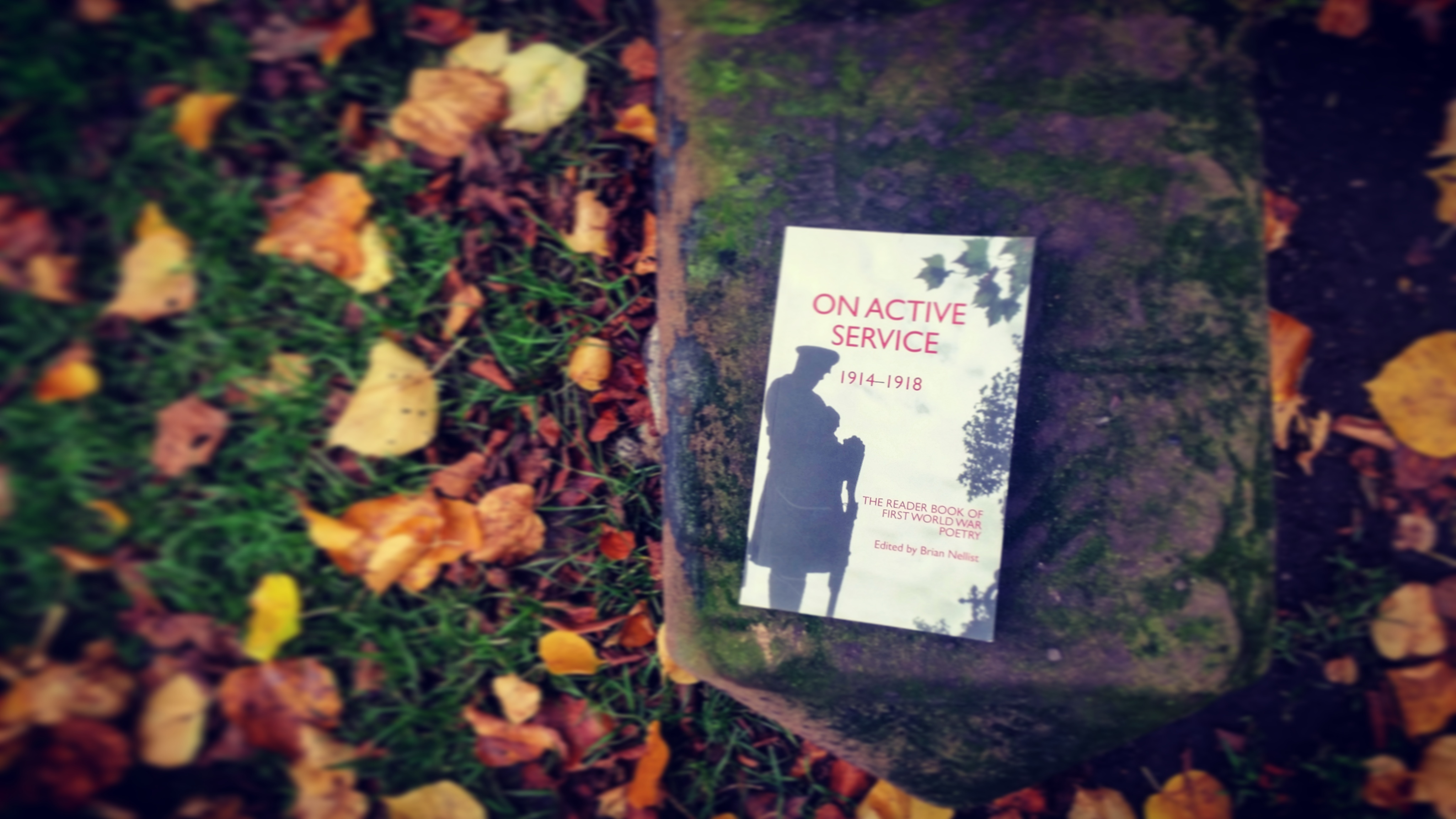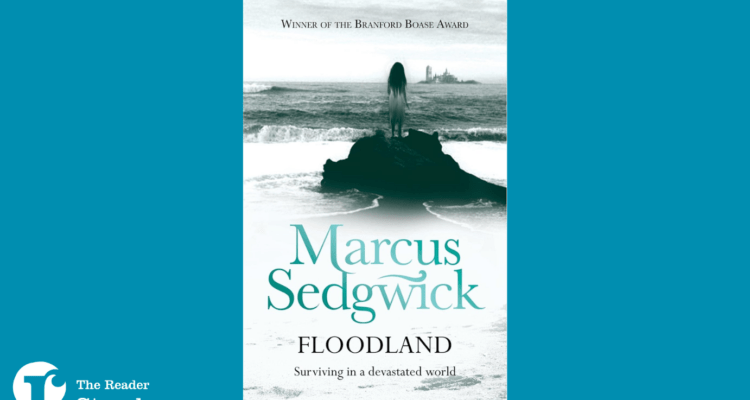Featured Poem: Dulce et Decorum Est by Wilfred Owen

Two years on from the launch of our anthology, we find ourselves returning to On Active Service to mark Remembrance Day with a special Featured Poem from Wilfred Owen, Dulce et Decorum Est.
"It is sweet and fitting..." Owen titles his poem with a line taken from Roman poet Horace, signing off in the Latin: "to die for one's country."
Wilfred Owen's poem remains one of the defining testimonies of the First World World, not least because the poet was killed in action on November 4 1918, just one week, almost to the hour, before the signing of the Armistice which would end the war. His mother would receive the telegram informing her of his death on Armistice Day as the church bells rang out in celebration.
Owen was posthumously promoted to the rank of Lieutenant, and is buried at Ors Communal Cemetery in Northern France. Dulce et Decorum Est was published in 1920, two years after the poet's death, with the earliest surviving manuscript dating October 1917. It was written during Owen's stay at Edinburgh's Craiglockhart Hospital for 'neurasthenia' or shell-shock, where he met and formed a strong friendship with fellow war poet Siegfried Sassoon. It is addressed to his mother with the message: "Here is a gas poem done yesterday (which is not private, but not final)."
Originally, Owen had dedicated the poem to Jessie Pope, a civilian propagandist who had encouraged young men to join up through her ardent, patriotic poetry and although the note of dedication was later dropped, the message remains in the bitter address which draws the poem to a close:
My friend, you would not tell with such high zestTo children ardent for some desperate glory,The old Lie: Dulce et decorum est
Pro patria mori.
It's thought that Owen widened this address to include all supporters of the war, in particular those who handed white feathers to men at home in a public accusation of cowardice.
"For the first time, a war produced poetry not after the event or even within it but by lookers-on. This was writing from the moment of experience itself by people actually in it, people who were both civilians and, for a time, also soldiers." - Brian Nellist, On Active Service
Owen's poetry is among the finest written during the First World War but the incredible volume of writing produced during 'The Great War', a phrase which Brian Nellist finds fault with in his foreward to the anthology On Active Service, is not, Nellist claims, all great. Certainly not "to be compared with Shakespeare, Milton, Pope and so on", but as Nellist writes:
"It is impressive because it is there at all, because the way to record dismay and bewilderment was not the essay or prose narrative but poems. In dictation, form and metre they usually obey tradition but their subjects are unprecedented, revolutionary. The tension between expression and subject indicates an unknown future to be worked out.
The death of the individual has been an object of intense feeling in Victorian verse, Tennyson's In Memoriam, for example and later, Hardy's poems on the death of his wife. But now identity was lost in the industrial scale of the killing. All the other words, God, nature, love, even nation, seemed to have changed their significance, not so much attacked as disregarded. They were no longer the agencies through which thought passed."
While On Active Service seeks to include the best of First World War poetry, the range in style and subject attempts to capture the breadth of experience which in turn feeds into the overarching sentiment of sorrow, futility and bitterness, which Nellist touches upon above.
Wilfred Owen's Dulce et Decorum Est is one of the most overtly bitter accounts from any of the war poets included in the anthology, but as a representation of "writing from the moment of experience itself by people actually in it", there is no greater poem.
Dulce et Decorum Est
On Active Service 1914-1918
If you would like to purchase a copy of On Active Service or find out more about our anthologies, visit our website.
Share
Related Articles

Reader Revisited: An Interview with Mark Rylance, actor and writer of ‘I Am Shakespeare’
We're taking a trip down memory lane and revisiting articles from The Reader Magazine. This article first appeared in issue 29.…

April’s Monthly Stories and Poems
The clocks have not long changed to herald the longer hours of daylight, making us consider the passage of time…

The Storybarn Selects… From The Reader Bookshelf
Our last deep dive into the 2023/24 Children and Young People's Reader Bookshelf is a review of Floodland by Marcus Sedgwick…


